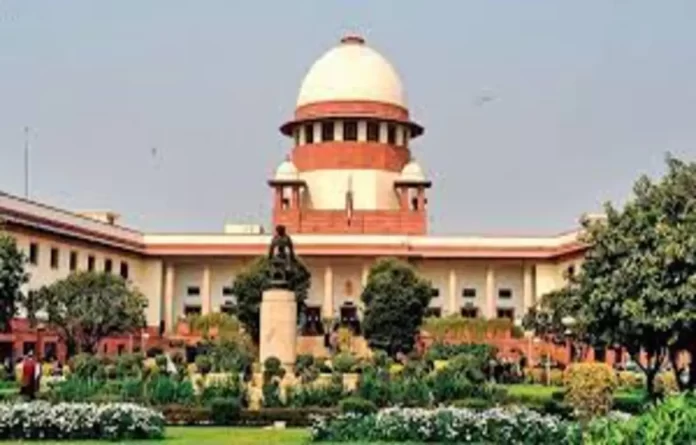The Supreme Court set aside a Kerala High Court order passed in 2017-2018 which had called for steps to regularise the appointment of certain casual labourers as plant feeders at Milma, a cooperative society that sells milk and milk products.
A bench comprising Justice Hima Kohli and Justice Ahsanuddin Amanullah observed that the Kerala High Court had lost sight of the fact that the appropriate remedy was the one provided under the Industrial Disputes Act (ID Act). The Supreme Court further pointed out that there were disputed questions of fact that went to the root of the case, which were better adjudicated by the competent authority under the ID Act.
The top court bench further explained that all the aforesaid questions would fall in the realm of disputed questions of fact that would have required evidence to be lead and proper assessment and adjudication before an appropriate authority which in the instant case, even as per the respondents-writ petitioners, would have been a remedy available under the ID Act.
The apex court was hearing an appeal filed by the Ernakulam Regional Cooperative Milk Producers Union, a society which is a member of MILMA against a January 2018 Kerala High Court judgment.
In the aforesaid judgment, the Managing Director of the society had been directed to prepare a list of casual labourers engaged by the society, so that the Director of the Kerala Dairy Development Department could regularise their services as plant attenders. The dispute relates to certain labourers engaged as plant attenders by the society through recruitment notifications issued in 1992 and 2010.
After the cooperative society issued a recruitment notification in 2011 with a view to engage plant feeders, these labourers moved the Kerala High Court to oppose the move. A Kerala High Court single judge bench and later a division bench of the High Court, ruled in favour of the labourers. Subsequently, the order was challenged by the society before the Supreme Court.
Notably, the society disputed the labourer’s contention that they had worked for around 240 days continuously and were thus entitled to the regularisation of their services as per the ID Act. It further claimed that there were breaks in their services and that none of these labourers had worked for more than 200 days in a calendar year. Furthermore, it also maintained that the labourers were well aware that they were not entitled to permanent service.
The top court also found that these were disputed questions of fact which should have first been decided by the authority under the ID Act. The bench remarked that the single judge bench appears to have got swayed by the judgement in the case of Umadevi to hold that the respondents, writ petitioners had put in service for over two decades and were therefore entitled to be regularized in terms of the directions issued in the said decision, unmindful of the fact that the appellant-Society had categorically dismissed the plea.
The court also underlined that according to circulars, the original writ petitioners (casual/ contract labourers) were members of the society and their dependents only. The court mentioned that if the stance of society is to be believed, it would mean that it was not a case where the labourers were irregularly appointed, but a case of illegal appointments which cannot be regularised.
Subsequently, the top court allowed the society’s appeal and gave the casual workers liberty to pursue remedies under the ID Act. The court added that in the interim, those continuing in service with the society shall not be disturbed for six months.


